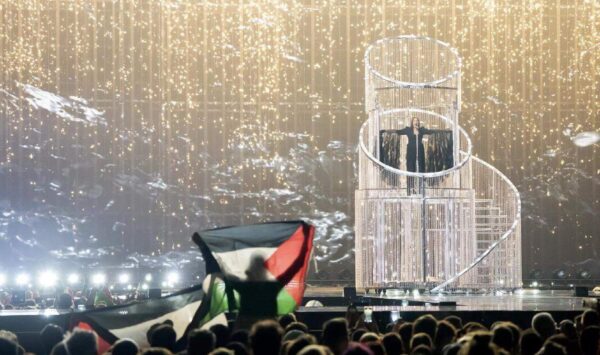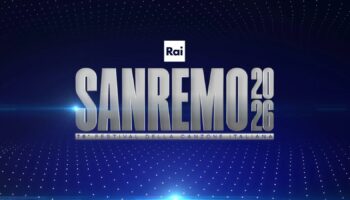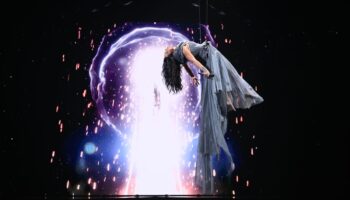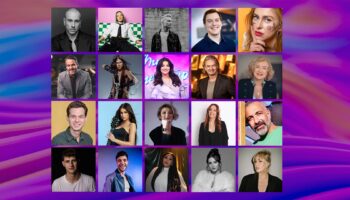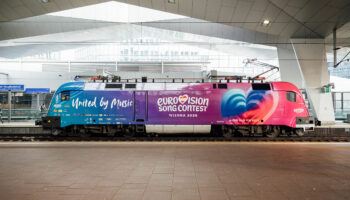As the world tunes in to celebrate unity through music, it becomes harder to ignore the growing contradictions at the heart of the Eurovision Song Contest. Behind the dazzling lights and glittering performances, the European Broadcasting Union’s selective morality is once again under the spotlight.
Eurovision and Politics: A contest above politics? Only when convenient.
The EBU has long maintained that Eurovision is a non-political event. Yet, year after year, politics take center stage-not through the artists’ messages, but through the decisions made by the very organization that claims neutrality.
The exclusion of Russia in 2022 was hailed as a brave stand against war, conveniently aligned with the wider Western embargo against the Kremlin. But as Israel wages a genocidal war against Palestine, the same standard is nowhere to be found. Calls from the Eurovision community, artists, and fans to reconsider Israel’s participation have fallen on deaf ears. Instead, Israel continues to enjoy the privileges of participation, backed by a state-sponsored marketing machine that mobilizes votes through government resources—something that clearly contradicts the EBU’s supposed non-political stance.
@verilybitchie Israel breaks Eurovision rules #boycotteurovision #eurovision #unitedbymusic #esc2025
This year’s “flag policy” further exposes the inconsistency. While the new rules officially allowed all flags into the arena, Palestinian flags were quietly and forcefully removed. Fans who held them were escorted out, while camera crews and directors worked tirelessly to keep any sign of them off broadcast. If this isn’t politics in action, what is?
https://www.tiktok.com/@felipenoria/video/7504731567470710023
@sydneyliketheaussiecity am i the only one that noticed? #eurovision2025 #eurovision
The LGBTQ+ Community: From embraced to conveniently blamed
Last year’s contest introduced a flag policy that only allowed national flags and, curiously, the LGBTQ+ rainbow flag—while explicitly banning bisexual, trans, and non-binary flags. Ironically, it was the very artist crowned winner, Nemo from Switzerland, who had to sneak in the non-binary flag to the venue.
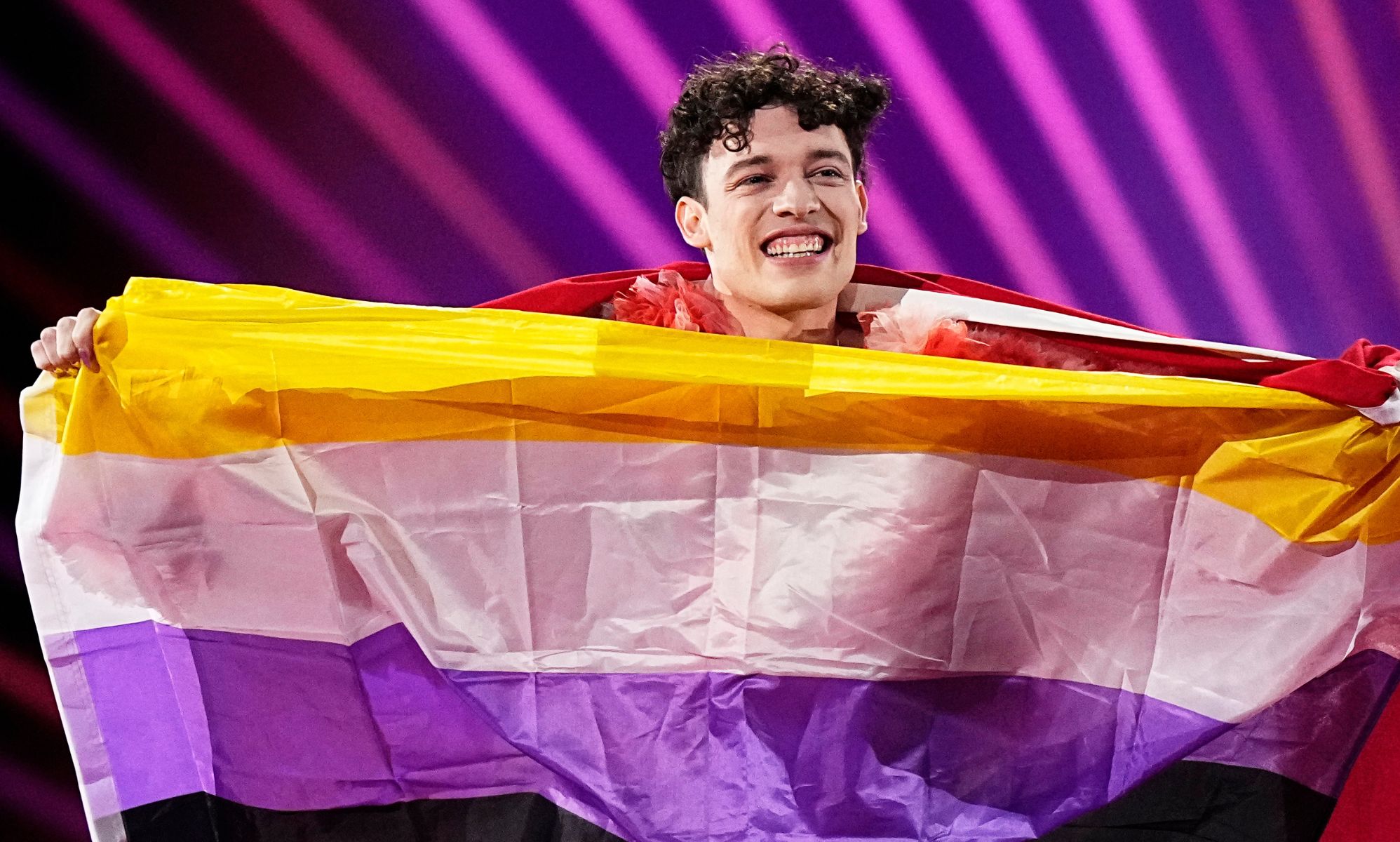
Fast-forward to 2025, and the EBU’s messaging has shifted yet again. Now, with all flags technically allowed, the narrative seems focused on painting the LGBTQ+ community as pushing a so-called “woke agenda” onto Eurovision. This is not neutrality; it is an active choice to bend to the pressures of a global political climate increasingly hostile toward minority rights. Rather than standing firmly with the communities that have long supported and shaped Eurovision, the EBU now positions itself as the reluctant gatekeeper, trying to “protect” the contest from becoming too political—when it is their own decisions that politicize it most.
Israel and Palestine: Silence is a Political Statement too
The ongoing war between Israel and Palestine has shocked the global conscience. Yet, the EBU’s actions suggest a determination to shield Israel from scrutiny. From silencing displays of solidarity in the arena to quietly managing public relations around Israel’s participation, the EBU appears less interested in promoting unity and more concerned with controlling the narrative.
In 2024, this resulted in a palpable tension among participants—artists from across Europe expressed unease, some even publicly questioning their involvement in a contest that refuses to confront uncomfortable realities. And now, in 2025, that unease has only grown stronger.
Final Thought
As Eurovision prepares for its grand finale in Basel, it is worth asking: What kind of unity does this contest really promote?
For the artists taking the stage, for the fans waving their flags—seen and unseen—and for the millions watching at home, it’s time to reflect. When silence becomes a statement and double standards become policy, whose voices are we really amplifying? And whose are we so desperately trying to silence?
